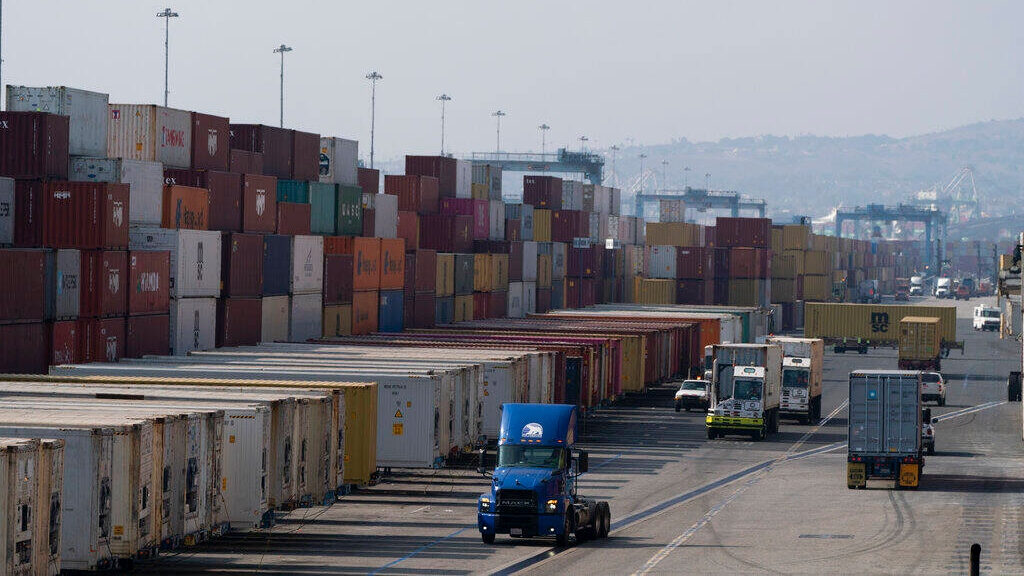How Blockchain Technology Could Reshape Supply Chain Management
This article was originally written and published by Carson Powell on the Poole College of Management news website here.
Blockchains are shared distributed ledgers — digital records of the events that occur in any supply chain (Handfield). Blockchains can’t be changed, and while they are not a stand-alone solution to supply chain management, they can act like an open utility, much like the internet.
Robert Handfield, Bank of America University distinguished professor of operations and supply chain management in the Poole College of Management, says blockchain technology has the potential to eliminate financial transaction disputes involving contracts, invoices, discounts, and rebates.
“It could really take us to another place where the dispute resolution would become much easier and the disputes around contracts and invoices would disappear,” said Handfield.
The development of blockchain technology would also facilitate international and global transactions by offering a single distributed database that companies could refer to.
“It could also address some of the risks we see in supply chain today like counterfeiting,” said Handfield. “Counterfeiting is a trillion-dollar industry today and blockchain could help fight [it] by identifying the source of a transaction and following it back to the point of origin.”
Handfield sees security as the main issue facing the future of blockchain technology — blockchains are not entirely immune to hacking or cybercrime.
While they are not perfect, Handfield notes that it is an exciting time to think about the future of blockchain technology.
The Poole College of Management Thought Leadership Series takes a closer look at faculty insight on emerging industry topics. Follow Poole College of Management on Facebook, LinkedIn, Twitter and Instagram for more thought leadership content.
- Categories:


